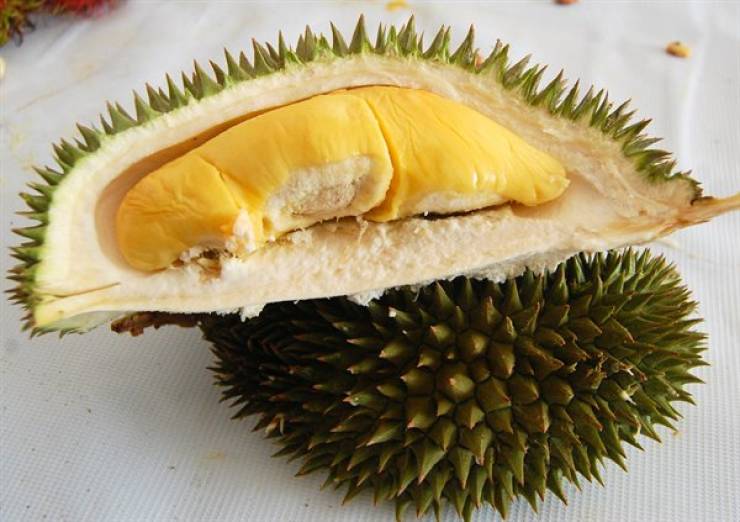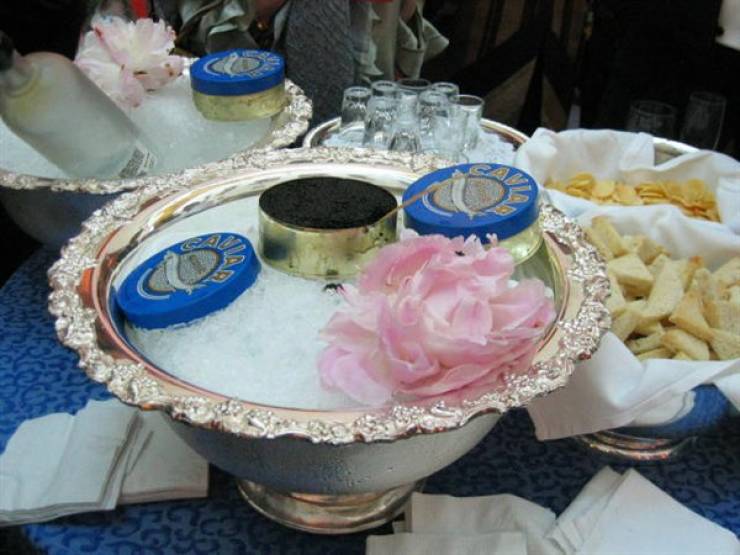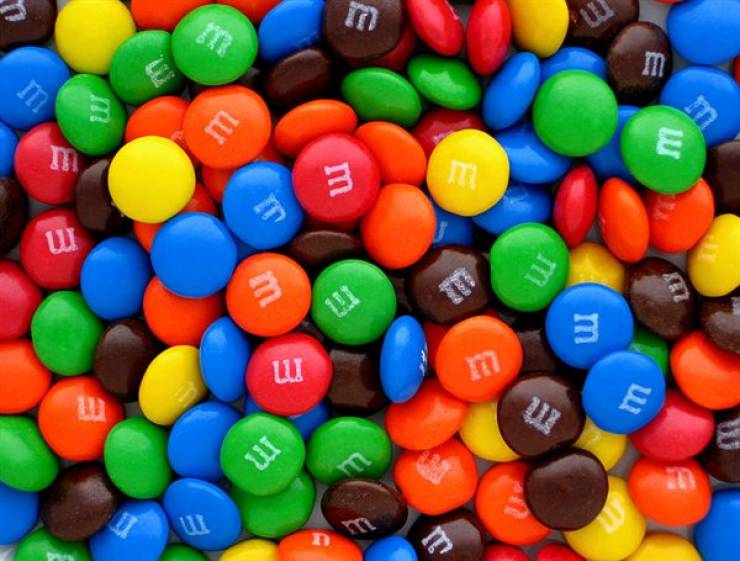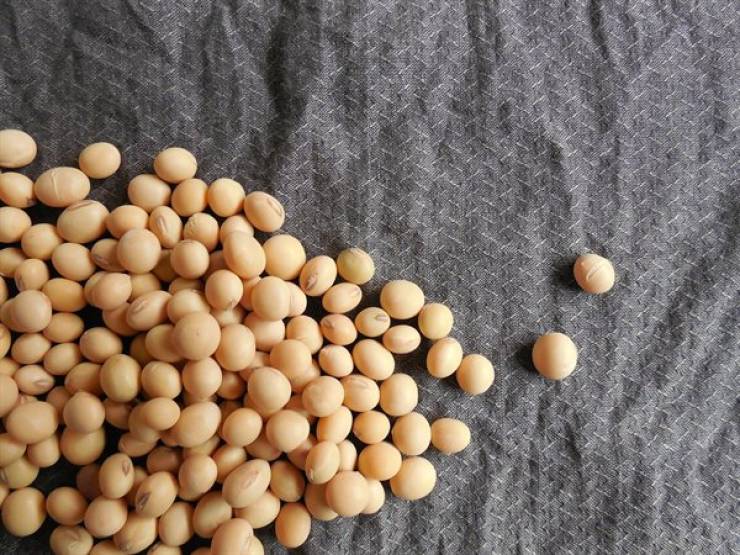Samosas

Samosas are fried triangular pastries that are filled with savoury vegetables and/or meats. These delicious snacks, however, are banned in Somalia. This is because some of their Islamist leaders believe that the food is considered to be ‘too Western’ despite the fact that they originated in Asia.
Foie Gras

Foie Gras, or duck/goose liver, is banned in a handful of countries as well as a handful of U.S. states due to the cruel methods in which the food is created. The Foie is made to be incredibly fatty through force-feeding the birds, and this practice is seen as too cruel to allow in many countries.
Ketchup

French school cafeterias have a nationwide ban on ketchup. Why? Well, not only is it filled with sugar, but they believe that the children need to become more aware of French cuisine. Therefore, Ketchup has been banned from school cafeterias in an attempt to have the kids learn about French food and French food only.
Raw Almonds

It is illegal to eat raw almonds off the trees in California. The almonds must be treated through processes such as boiling at steaming.
Bubble Gum

Chewing gum and bubble gum are both banned in Singapore. However, you can chew on some if you get it prescribed to you.
Mac and Cheese

Norway, Austria, and the European Union have a ban on some Mac and Cheese recipes as they come with colouring agents that make the product look yellower. These colouring agents are widely seen as harmful to children, thus the ban.
Durian

Durian is a fruit that is notoriously so foul-smelling that certain countries, including Singapore and the U.S.A., forbid them to be sold in a public space.
Haggis

The U.S. banned haggis back in 1971 due to the fact that the USDA was not into the idea of having sheep lung, a primary ingredient of haggis, in food products.
Genetically modified Papaya

About 60% of the papaya grown in the United States, all in Hawaii, have been genetically engineered to allow it to withstand the ringspot virus. Several countries, including Japan and South Korea, distrust anything that is genetically modified and have banned the importation of them.
Farm-Raised Salmon

Due to environmental concerns that come from Salmon being farm-raised, nations including New Zealand and Australia have banned the sale and consumption of these fish.
Beluga Caviar

Going for about 200$ an ounce. this treat actually comes from a critically endangered fish. The U.S.A has put a ban on this stuff since 2005 in an attempt to lower poaching.
M&M’s

Sweden has a nationwide ban on this delicious snack due to the fact that the candy’s branding is too similar to another chocolate-covered peanut snack, M by Mondelez.
Foods with artificial food colouring

Artificial food colouring is largely banned in Europe. This is because of a 2010 study that linked food colouring with hyperactivity in children.
Chocolate Milk

San Fransisco schools put a ban on chocolate milk, sodas, cookies, and other sweet treats because of overall health concerns for growing children and teenagers.
Soybeans

More than half of Europe, including Austria, Hungary, Greece, and Bulgaria have put a ban on imported soybeans, as more than 90% of soybeans grown in the U.S. are genetically modified.
 Barnorama All Fun In The Barn
Barnorama All Fun In The Barn